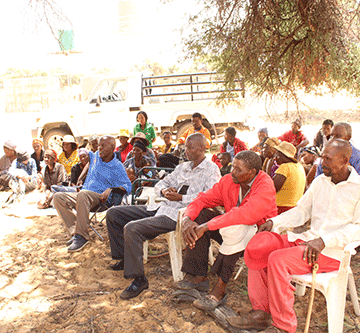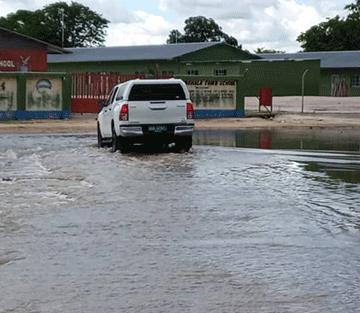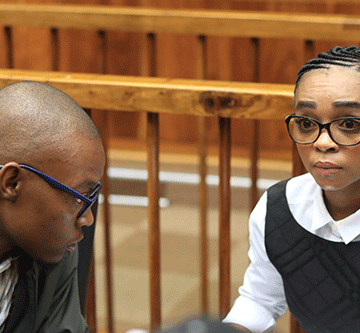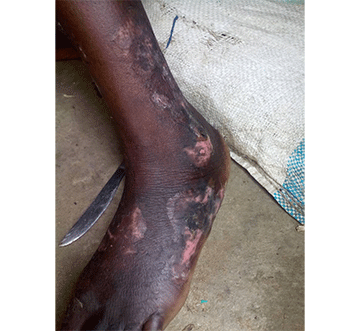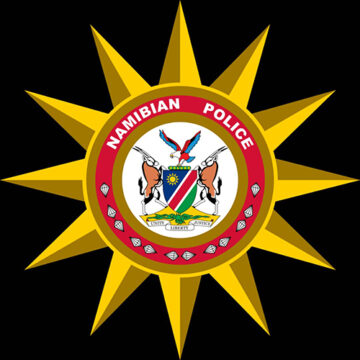How people die remains in the memory of those who live on, how many people are we going to lose if passion killing, rape, and suicide continue?
National
Opinion – Unlocking Namibia’s economic growth and opportunities in 2023
The global economy is facing a new set of challenges in 2023, as inflation, geopolitical tensions, and the ongoing signs of the Covid pandemic continue to affect countries worldwide.
Bakgalagadi yearn to improve their lives
The Bakgalagadi community at Corridor 21 in the Aminuis constituency plead for government to recognise them as a marginalised group.
Otavi mayor re-elected
Isaac Hoaeb, who was re-elected as mayor of Otavi on 31 January, assured his continued commitment to solidifying the achievements the council made in addressing the challenges encountered in improving the quality of life for all people.
Efundja wreaks havoc in the north
Four people, including an 80-year-old woman and a teenage boy, lost their lives after they drowned in flooded water pans over the weekend.
Madisia denies murder, claims accident
Thirty-year-old Azaan Madisia yesterday pleaded not guilty to charges of murder and robbery with aggravating circumstances in the death of Shannon Ndatega Wasserfall.
Meatco borrows from Peter to pay Paul – Schlettwein
Despite paying off commercial bank loans, Meatco’s financial position never improved an inch, as the entity merely borrowed N$437.3 million from the Development Bank of Namibia to pay off the said loans, leaving nothing to write home about.
Ash burn victim wants compensation
Veronica Hashondili, an Okahandja Park resident, who last month suffered multiple third-degree injuries on her left leg from hot coal ash, is struggling with funds to meet her medical needs.
Police foil N$1 million robbery… suspects later arrested for stealing wine
The Namibian Police in the Erongo region foiled a N$1 million robbery at Walvis Bay over the weekend. Bizarrely, the three suspects who were planning to carry out the robbery, ended up being arrested for theft in Swakopmund.
Construction company drops N$10m insurance suit
Chinese construction company China Railway Seventh Group has agreed to drop a suit in which it was demanding N$10 million in damages as it constructs the dual carriageway to the Hosea International Airport.


